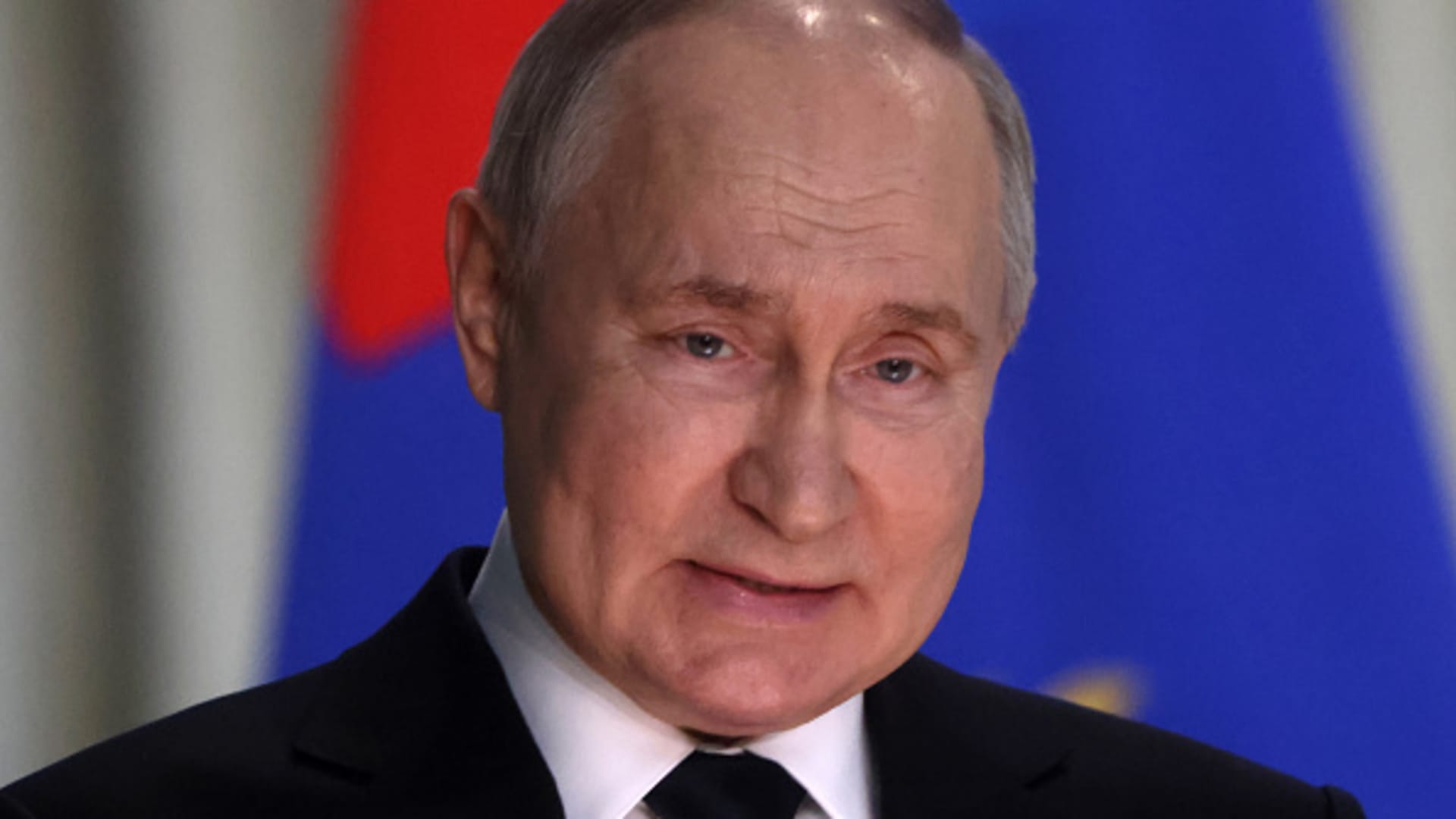ARTICLE AD BOX
Speakers including Dr. Radha Plumb, Chief Digital and Artificial Intelligence Officer, U.S. Department of Defense, discuss responsible AI use in a plenary session at the Responsible AI in the Military domain (REAIM) summit in Seoul, South Korea, on Sept. 9, 2024.
Reuters
About 60 countries including the United States endorsed a "blueprint for action" to govern responsible use of artificial intelligence in the military on Tuesday, but China was among those which did not support the legally non-binding document.
The Responsible AI in the Military Domain summit in Seoul, the second of its kind, follows one held in The Hague last year. At that time, around 60 nations including China endorsed a modest "call to action" without legal commitment.
Government representatives said on Tuesday said this year's "blueprint" was more action-oriented, in keeping with advanced discussions and developments in the military such as AI-enabled drones being rolled out by Ukraine, which also endorsed the document.
"We are making further concrete steps," Netherlands Defense Minister Ruben Brekelmans told Reuters. "Last year … was more about creating shared understanding, now we are getting more towards action."
This includes laying out what kind of risk assessments should be made, important conditions such as human control, and how confidence-building measures can be taken in order to manage risks, he said.
Among the details added in the document was the need to prevent AI from being used to proliferate weapons of mass destruction by actors including terrorist groups, and the importance of maintaining human control and involvement in nuclear weapons employment.
There are many other initiatives on the issue, such as the U.S. government's declaration on responsible use of AI in the military launched last year.
The Seoul summit — co-hosted by the Netherlands, Singapore, Kenya and the United Kingdom — aims to ensure multi-stakeholder discussions are not dominated by a single nation or entity.
However, China was among roughly 30 nations that sent a government representative to the summit but did not back the document, illustrating stark differences of views among the stakeholders.
"We also need to be realistic that we will never have the whole world on board," Defense Minister Brekelmans said.
"How do we deal with the fact that not everyone is complying? … That is a complicated dilemma that we should also put on the table," he added.

The venue and timing for the next summit is still being discussed, officials said.
At the UN General Assembly in October, South Korean officials said they plan to raise discussions about AI in the military domain based on the 'blueprint'.
Giacomo Persi Paoli, head of Program Security and Technology at the United Nations Institute for Disarmament Research, said countries should engage with others in between summits to mitigate any risks.
"The blueprint is an incremental step forward," he said. "By going too fast, too soon, there is a very high risk that many countries do not want to engage."









 English (US)
English (US)